This book engages with some of the most important issues, debates, and methodologies in the writings of ancient Indian history. Thematically structured into four sections,it critically addresses how the material remains of India’s early past were discovered and understood in colonial and post-colonial times.
The first section highlights the importance of a thorough empirical approach for understanding the process of social history and early medieval state formation. The second connects ancient and modern India, based extensively on archival sources. The third and fourth sections emphasize the important issue of ancient Indian intellectual history, underlining the significance of reconstructing the intellectual landscape of ancient India through a sensitive yet critical historicization of its texts and inscriptions.
Contents: Introduction. I. Religion and Region: 1. Sanchi: The History of the Patronage of an Ancient Buddhist Establishment. 2. Nagarjunakonda: Buddhism in the ‘City of Victory’. 3. Cults and Shrines in EarlyHistorical Mathura (c. 200 BC to AD 200). 4. EarlyMedieval Orissa: The Data and the Debate. II. Archaeologists and the Modern Histories of Ancient Sites: 5. Archaeologists and Architectural Scholars in 19th-Century India. 6. Amaravati: The Dismembering of the Mahacaitya (1797–1886).7. Buddhism, Archaeology, and the Nation: Nagarjunakonda (1926–2006). 8. Exile and Return: The Reinvention of Buddhism and Buddhist Sites in Modern India. III. The Intersection of Political Ideas and Practice: 9. Governing the State and the Self: PoliticalPhilosophy and Practice in the Edicts of Asoka. 10. Politics, Violence, and War in Kamandaka’sNitisara. 11. The Power of a Poet: Kingship, Empire, and War in Kalidasa’sRaghuva?sa. IV. Looking beyond India to Asia: 12. Gifts fromOther Lands: Southeast Asian Religious Endowments in India. 13. Politics, Piety, and Patronage: The Burmese Engagement withBodhgaya. Index.

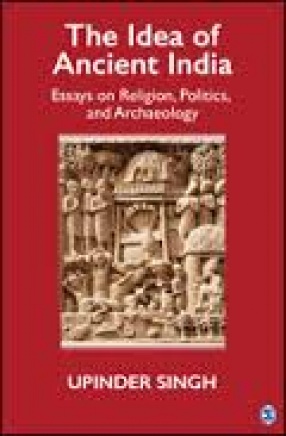
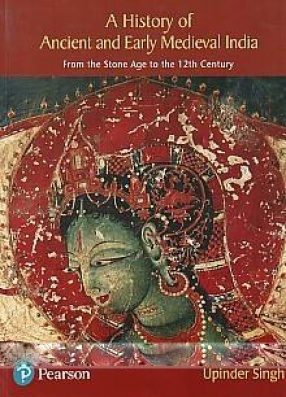
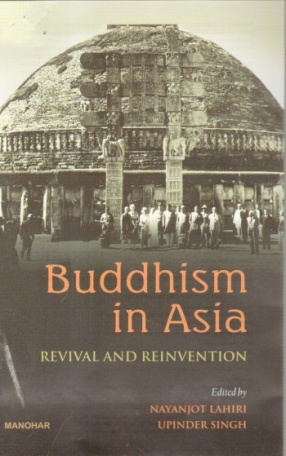
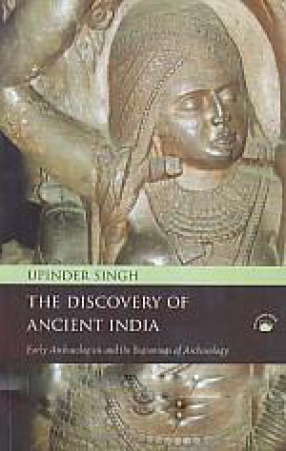
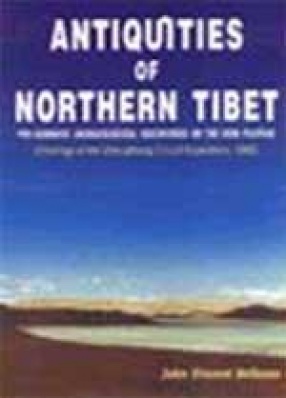
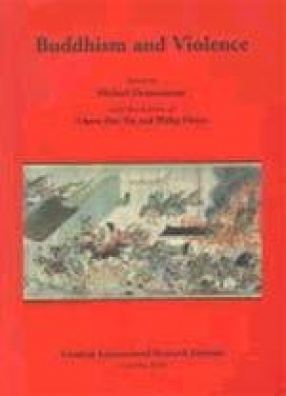

There are no reviews yet.